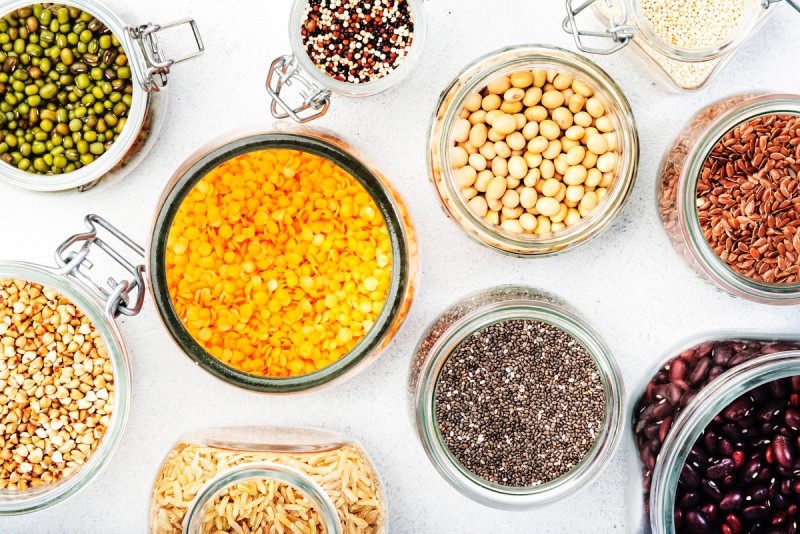Non-alcoholic fatty liver disease (NAFLD) is a condition where there is an accumulation of fat in the liver. In severe cases, it can lead to non-alcoholic steatohepatitis (NASH), which is a more serious form of the disease that can cause liver damage, inflammation, and scarring.
Research suggests that certain dietary factors, including carbohydrates, can play a role in the development and progression of NASH. In this blog post, we will focus on the effects of cereals, starches, and legumes on liver health.
Carbohydrates are a major source of energy for the body and they come in different forms, such as sugars, starches, and fiber. Cereals, starches, and legumes are all sources of complex carbohydrates, which take longer to digest and provide a steady source of energy.
According to NASH Facts, it is recommended that people with NASH limit their intake of carbohydrates to about 50-60% of their total daily caloric intake. This can help to reduce the amount of glucose and insulin in the bloodstream, which can contribute to the development of fatty liver disease.
When it comes to cereals, it is important to choose whole grain options, such as brown rice, quinoa, and whole wheat bread. Whole grains are rich in fiber, which can help to reduce the absorption of cholesterol and other harmful substances in the liver.
Starches, such as potatoes, corn, and yams, should also be consumed in moderation. These foods can cause a rapid rise in blood sugar levels, which can contribute to insulin resistance and the development of NASH.
Legumes, such as lentils, beans, and chickpeas, are a good source of protein and fiber. They are also low in fat and high in nutrients, such as iron and folate. According to the guide from the Baylor College of Medicine, legumes are a good food choice for people with NASH as they can help to improve insulin sensitivity and reduce inflammation in the liver.
In conclusion, the type and amount of carbohydrates consumed can have an impact on liver health, especially in people with NASH. Choosing whole grain cereals, consuming starches in moderation, and incorporating legumes into the diet can all help to improve liver health and reduce the risk of developing NASH.
“DietSensor Nash” for iOS (download here) is a nutrition coaching app specialized in Nash to help patients affected by the disease tackle and if possible reverse it. It provides daily guidance, meal plans, a meal generator to match your preferences, nutrition education, macronutrient tracking, and a chat with a dietitian. It starts at the price of $49 to make sure anybody has access to its science-backed content.
References:
Carbohydrates Explained: A Quick Guide. NASH Facts. Retrieved from https://nashfacts.com/carbohydrates-explained-quick-guide/
Eating for Fatty Liver Disease. Verywell Health. Retrieved from https://www.verywellhealth.com/eating-for-fatty-liver-disease-4691109#toc-how-it-works
A Guide to What and How to Eat for Non-Alcoholic Fatty Liver Disease. Baylor College of Medicine. Retrieved from https://www.bcm.edu/sites/default/files/a-guide-to-what-and-how-to-eat-non-alcoholic-fatty-liver-disease.pdf




